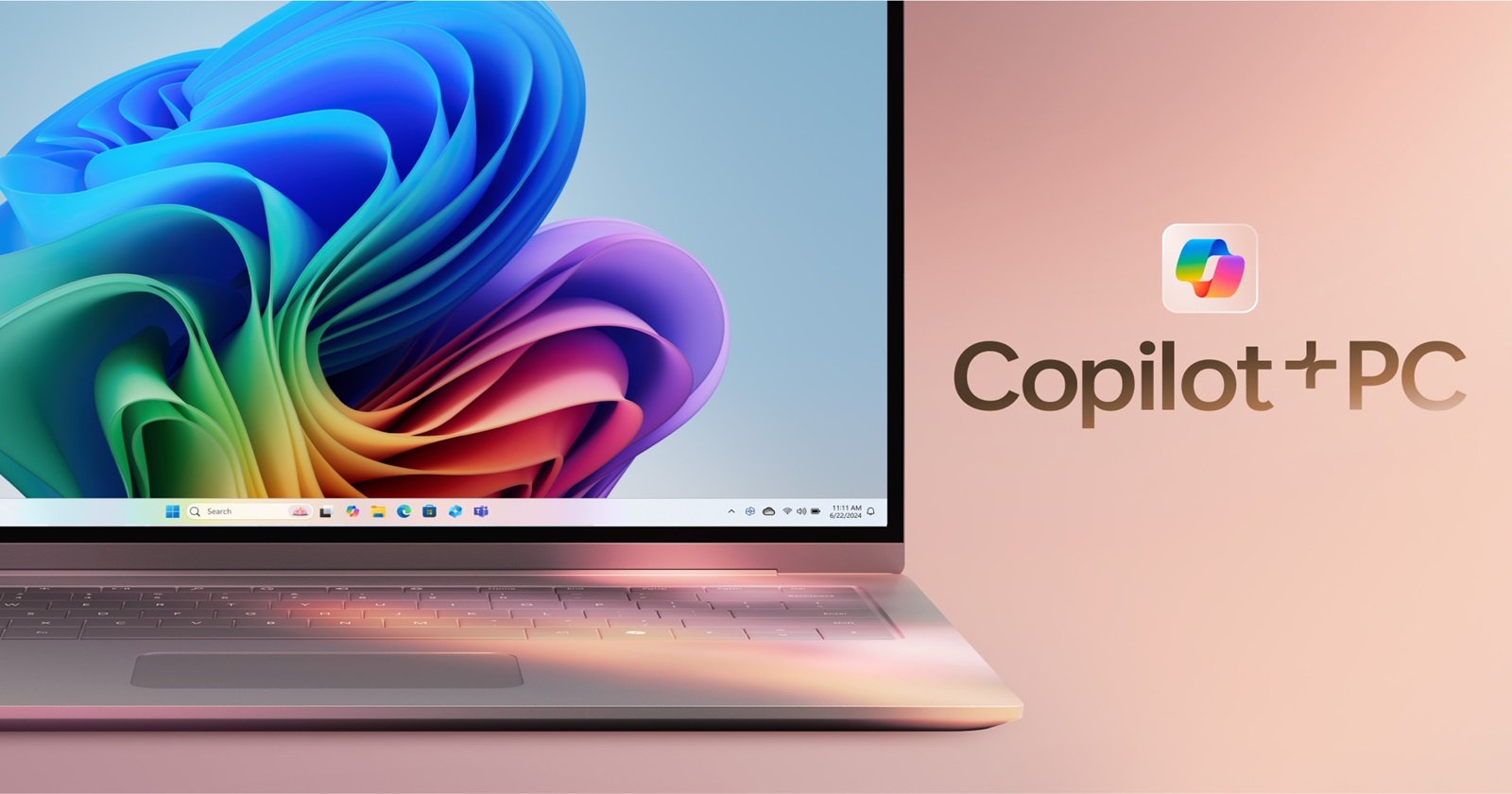For years, gamers have relied on Windows PCs as the go-to platform for their favorite titles, thanks to the robust x86 architecture. But as the industry shifts toward ARM chips for better energy efficiency and AI capabilities, things are looking shaky for gaming on Windows ARM machines. A new report from The Wall Street Journal paints a bleak picture, with Microsoft’s latest Copilot+ ARM-based PCs struggling to run hundreds of popular games — leaving gamers frustrated and giving Apple an unlikely edge in the gaming space.
ARM chips promise better battery life and performance, which Apple successfully leveraged with its M-series Macs. However, gaming has always been Apple’s Achilles heel, with Windows PCs dominating the scene. But now, the tables are turning, and Apple seems to have found its stride with ARM, while Microsoft is stumbling.
Microsoft’s ARM gaming nightmare
Microsoft’s Copilot+ PCs, powered by Qualcomm’s Snapdragon chips, were designed for the future — packing impressive AI performance and all-day battery life. But when it comes to gaming, they’ve hit a wall. Despite the new ARM architecture, Windows users have reported widespread issues with games simply not running or running poorly. According to The Wall Street Journal, only half of the 1,300 games tested were playable without significant bugs or glitches. And it’s not just graphically intense titles like Destiny 2 and Starfield — even lightweight games like Fortnite and League of Legends are having issues.
The culprit? Compatibility problems between the x86 games and the ARM architecture. Microsoft’s Prism technology, which is supposed to translate x86 games to work on ARM, just isn’t cutting it. Anti-cheating software, an essential part of online multiplayer games, often fails to translate properly, preventing games from launching altogether. This issue has left many gamers questioning whether Microsoft’s push into ARM is truly worth the headache.
Apple is now the unexpected gaming challenger
While Microsoft grapples with these issues, Apple’s ARM transition looks smoother by comparison. Apple’s M-series chips have been criticized for not being gamer-friendly, but recent developments suggest otherwise. Apple has been quietly positioning itself as a potential gaming player, working with developers to bring AAA titles like Resident Evil Village and Assassin’s Creed to the Mac.
Although gaming on Macs is still a niche market, Apple’s focus on optimizing ARM for a broader range of tasks — including gaming — has given them an advantage over Windows ARM devices. Apple’s Rosetta 2 technology, used to run x86 apps on its ARM chips, has proven to be far more stable than Microsoft’s Prism. Coupled with Apple’s Game Porting Toolkit, which helps developers bring Windows games to macOS, the Mac platform is gaining ground in areas it traditionally lagged behind.
For gamers who’ve long trusted Windows for its openness and compatibility, this new landscape presents a dilemma. On one hand, ARM chips offer real benefits: longer battery life, better AI performance, and improved energy efficiency. But on the other hand, the gaming experience is currently subpar, making it hard to justify a switch — especially for those invested in gaming.
Microsoft is aware of the issues and has promised to work with developers to improve game compatibility on ARM PCs. Qualcomm, the brains behind the ARM chips, is also reportedly collaborating with studios to address the problems. But it’s clear that a solution won’t come overnight, and for now, gamers may need to stick to traditional x86/x64-based machines if they want a smooth experience.
Where does this leave seasoned gamers?
If you’re a gamer eyeing an ARM-based Windows machine, it might be worth hitting pause for now. While the promise of better performance and battery life is tempting, the gaming experience leaves much to be desired. And while Apple may not have all the games yet, the stability of its ARM transition could make it an unexpected contender for casual and even semi-serious gamers.
While Windows gamers may have to wait longer, there is some good news on the Windows ARM front: Google Drive is set to gain native ARM support later this year. This should improve app performance for Windows ARM users, but it’s still no consolation for those hoping to enjoy a flawless gaming session on the platform.
The shift to ARM is inevitable, and it’s clear both Apple and Microsoft are heavily invested in the future of this architecture. But for now, if gaming is high on your priority list, the best option might still be sticking with x86 or x64 PCs — at least until Microsoft gets a handle on its ARM gaming woes.
Featured image: Microsoft
TechIssuesToday primarily focuses on publishing 'breaking' or 'exclusive' tech news. This means, we are usually the first news website on the whole Internet to highlight the topics we cover daily. So far, our stories have been picked up by many mainstream technology publications like The Verge, Macrumors, Forbes, etc. To know more, head here.


